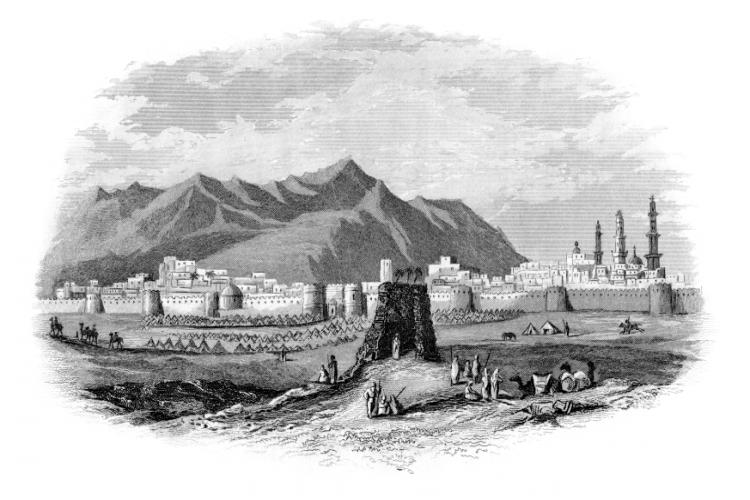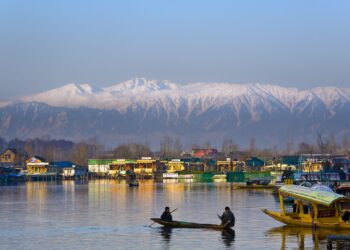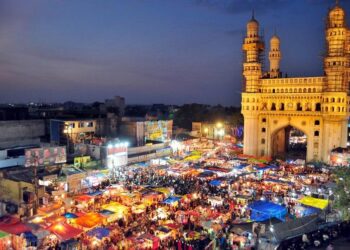Today, 18 October, the Muslim community across the country will commemorate the birth anniversary of Prophet Muhammad, Eid Milad-un-Nabi. This special day is observed in the month of Rabi-ul-Awwal, the third month of the Islamic lunar calendar, according to Islamic scriptures. Eid Milad-un-Nabi is also known as Mawlid, which is an Arabic term that means “giving birth.”

How is the holiday observed in the country?
According to the BBC, Eid Milad-un-Nabi celebrations are limited because the same day also celebrates the Prophet’s death anniversary. Congregations are generally held to commemorate the anniversary, during which religious authorities deliver lectures about the Prophet’s life. One of the most significant aspects of Eid Milad-un-Nabi is that it commemorates the Prophet’s life, teachings, hardships, and character since he even forgave his enemies.
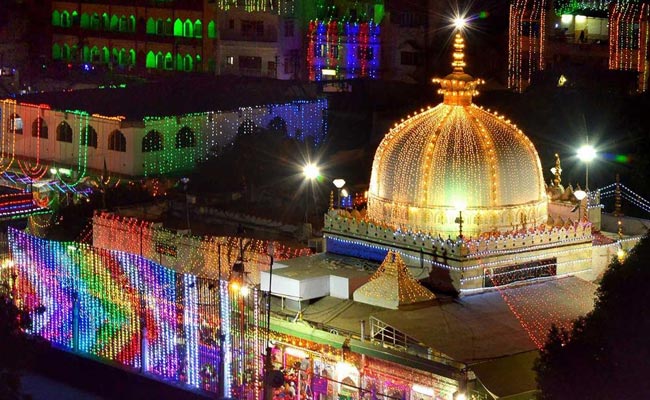
History
Prophet Muhammad is said to have been born in Makkah, Saudi Arabia, approximately 570 CE.
He is regarded as Allah’s final messenger and is adored and revered by Muslims all across the world. This day gained popularity in the 8th century when Al-Khayzuran converted the prophet’s home into a place of prayer. The prominent clans of Egypt celebrated ‘Mawlid’ or ‘Nabid’ in the 11th century, marking the day with prayers and reading of Holy Quran passages.
Eid-e-Milad festivities grew in popularity throughout the 11th century, and it was first observed as an official feast in Egypt. During this time, only Shia Muslims, the region’s governing clan, were permitted to celebrate the holiday, and the festivities were not open to the general public.
Other nations, besides Egypt, began commemorating Eid-e-Milad in the 12th century, including Syria, Morocco, Turkey, and Spain. Soon after, Sunni Muslims began to observe the day as well.
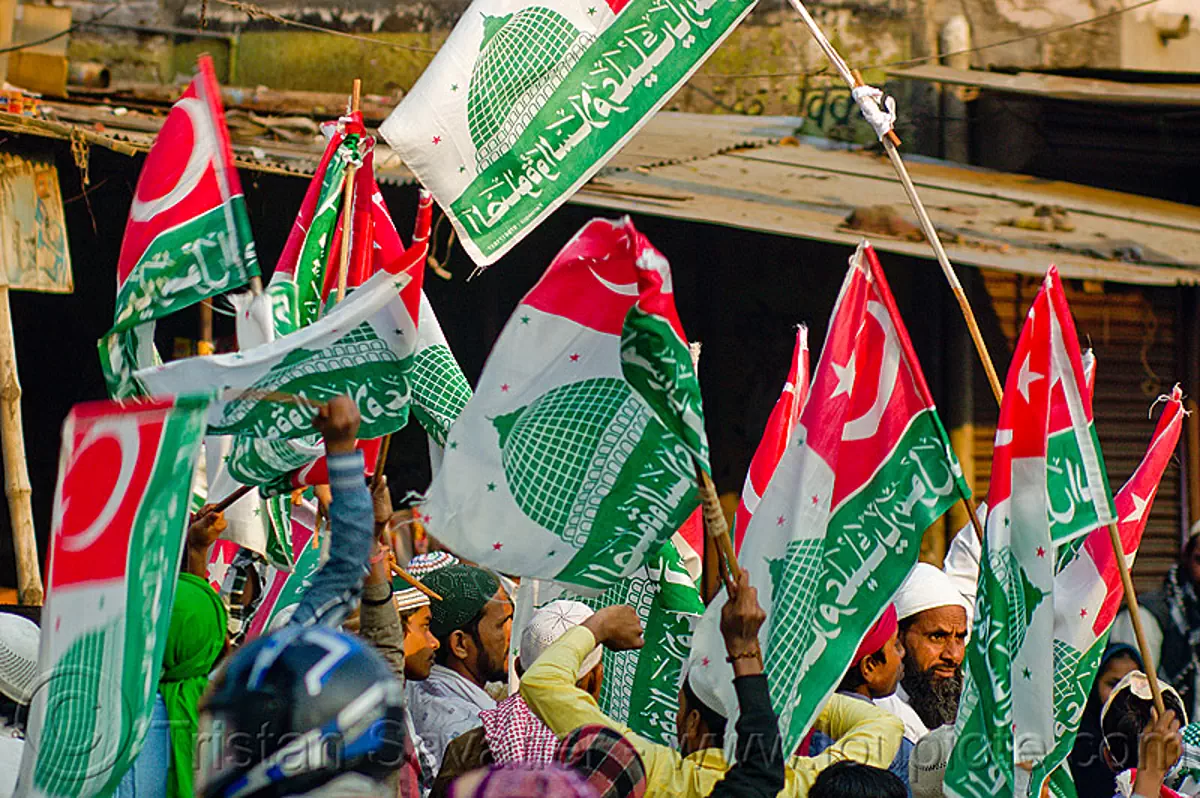
It’s worth noting that, while many Muslims commemorate this day, many others claim that the Prophet’s birthday is unknown and that it doesn’t exist. They believe that any holiday other than Eid ul-Fitr and Eid ul-Adha constitutes biddah or innovation in Islam.
Significance and why is it celebrated
The two largest sects of Islam are Sunnis and Shias. They remember and honour this anniversary on various days but in the same month. Sunnis commemorate this day on the 12th of the month, whereas Shias celebrate it on the 17th.
Prophet Muhammad (peace and blessings be upon him) is Allah Almighty’s final messenger and a man of insightful words, honesty, and kindness for all human beings.
Because the birth of Prophet Muhammad benefitted the whole of mankind, each day commemorating his life is significant for Muslims regardless of geographical borders. On this day, believers celebrate his birthday to demonstrate their love and dedication to the Prophet (PBUH). This holiday is all about commemorating and reflecting on the Holy Prophet’s teachings.
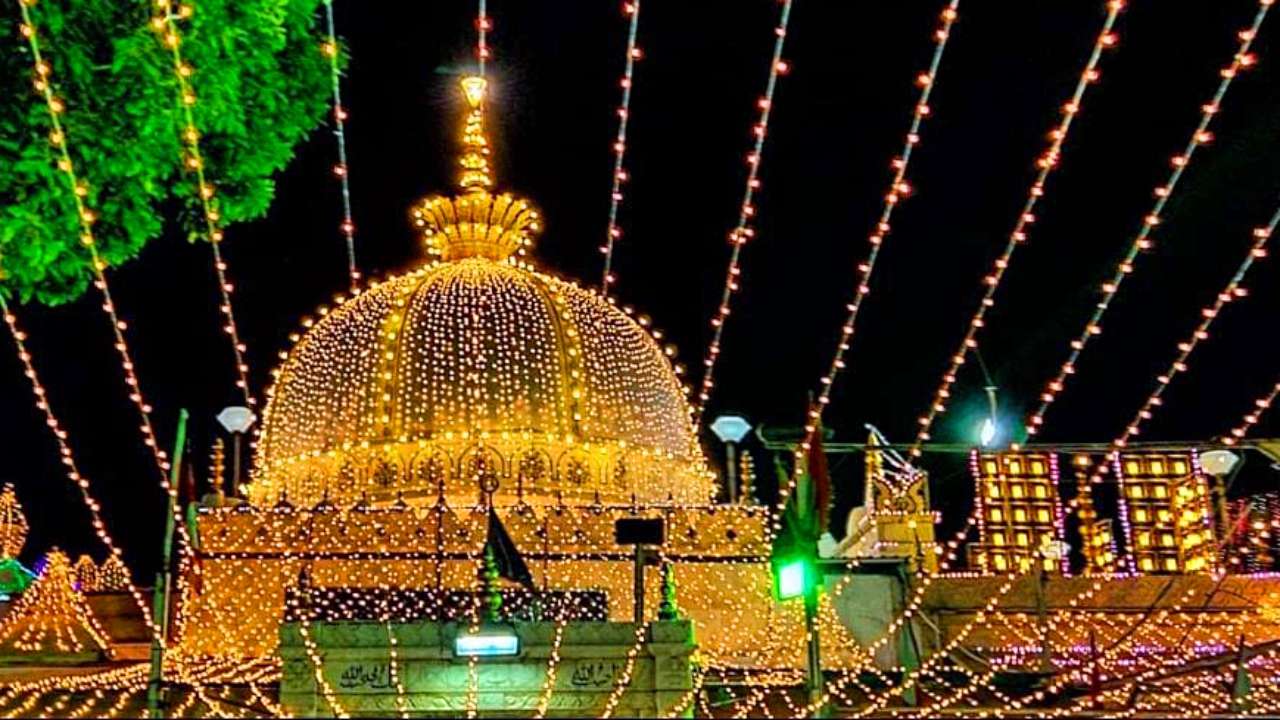
What do Muslims do on this occasion?
It is commemorated by recalling the teachings of Prophet Muhammad. Muslims pray and recite verses from the Holy Quran. They also buy new clothing, prepare and dine special meals with their loved ones, and exchange gifts. Colourful lights adorn important locations such as streets, mosques, temples, and residential areas. People recite poems in honour of the Prophet because it is thought that listening to these prayers brings kindness and heavenly blessings from Almighty Allah.
The origins of this holiday may be traced back to Islam’s first four Rashidun Caliphs. Typically, people congregate in dargahs/mosques to start their day with a morning prayer, followed by nightly prayers. Marches and parades are held, as well as community dinners at the mosque.
Sending Eid-e-Milad greetings via texts and e-cards is getting increasingly popular. Overall, it is a fantastic day to spend time with family and share children inspiring stories and poetry about the life of Prophet Muhammad, peace and blessings be upon him.
Also Read: ‘Aaraaish-e-Sukhan’ included in the representatives of the shared heritage


